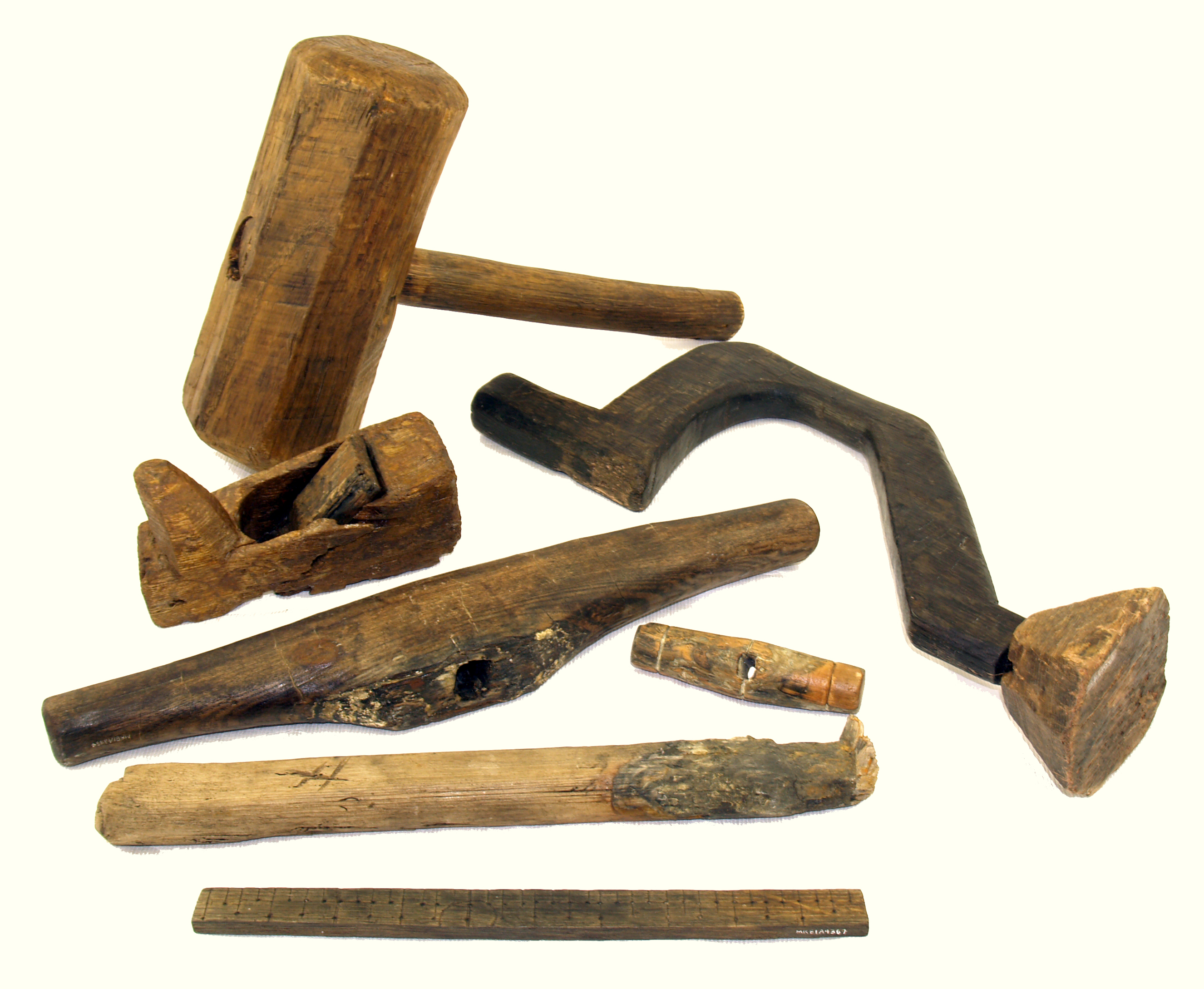|
Information Choice In Macroeconomics And Finance
''Information Choice in Macroeconomics and Finance'' is a 2011 graduate-level textbook by American economist Laura Veldkamp. The book introduces the study of information choice, a field that examines how economic agents decide what information to acquire and how these decisions affect market outcomes and macroeconomic dynamics. Rather than assuming what market participants know, the framework presented in the book models information as an endogenous choice variable. The text covers applications in monetary economics, portfolio theory, business cycles, and asset pricing, and includes mathematical tools for building models with information frictions. Summary Veldkamp examines how economic agents select and process information when making decisions, and how these choices affect macroeconomic and financial outcomes. The work presents a theoretical framework in which information acquisition is treated as an endogenous choice variable rather than an exogenous constraint, drawing on res ... [...More Info...] [...Related Items...] OR: [Wikipedia] [Google] [Baidu] |
Laura Veldkamp
Laura Veldkamp is an American economist teaching as a professor of finance at Columbia University's Graduate School of Business and also serves as a co-editor of the ''Journal of Economic Theory''. Education Veldkamp graduated with a Bachelor of Arts in Math and Economics from Northwestern University in 1996. She received her Ph.D. in Economic Analysis and Policy from the Stanford Graduate School of Business in 2001. Career Early career Veldkamp started her teaching career as an assistant professor of economics at INSEAD from 2001 to 2003. She then taught at New York University Stern School of Business as an assistant professor of economics from 2003 to 2008, before being promoted to an associate professor of economics. During her tenure at NYU, she was also a Kenen Fellow in the Department of Economics at Princeton University from 2006 to 2007 and a Hoover National Fellow at Stanford University from 2010 to 2011. In 2018, Veldkamp left New York University to join Columbi ... [...More Info...] [...Related Items...] OR: [Wikipedia] [Google] [Baidu] |
Princeton University Press
Princeton University Press is an independent publisher with close connections to Princeton University. Its mission is to disseminate scholarship within academia and society at large. The press was founded by Whitney Darrow, with the financial support of Charles Scribner, as a printing press to serve the Princeton community in 1905. Its distinctive building was constructed in 1911 on William Street in Princeton. Its first book was a new 1912 edition of John Witherspoon's ''Lectures on Moral Philosophy.'' History Princeton University Press was founded in 1905 by a recent Princeton graduate, Whitney Darrow, with financial support from another Princetonian, Charles Scribner II. Darrow and Scribner purchased the equipment and assumed the operations of two already existing local publishers, that of the ''Princeton Alumni Weekly'' and the Princeton Press. The new press printed both local newspapers, university documents, '' The Daily Princetonian'', and later added book publishing ... [...More Info...] [...Related Items...] OR: [Wikipedia] [Google] [Baidu] |
Tools And Applications
A tool is an object that can extend an individual's ability to modify features of the surrounding environment or help them accomplish a particular task. Although many animals use simple tools, only human beings, whose use of stone tools dates back hundreds of millennia, have been observed using tools to make other tools. Early human tools, made of such materials as stone, bone, and wood, were used for the preparation of food, hunting, the manufacture of weapons, and the working of materials to produce clothing and useful artifacts and crafts such as pottery, along with the construction of housing, businesses, infrastructure, and transportation. The development of metalworking made additional types of tools possible. Harnessing energy sources, such as animal power, wind, or steam, allowed increasingly complex tools to produce an even larger range of items, with the Industrial Revolution marking an inflection point in the use of tools. The introduction of widespread automation in ... [...More Info...] [...Related Items...] OR: [Wikipedia] [Google] [Baidu] |
